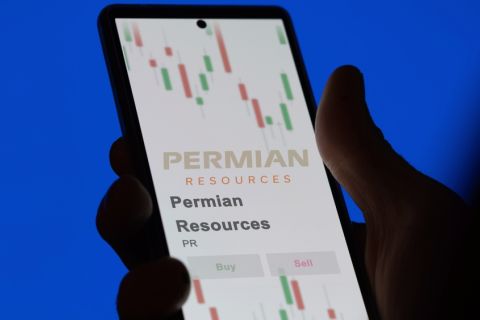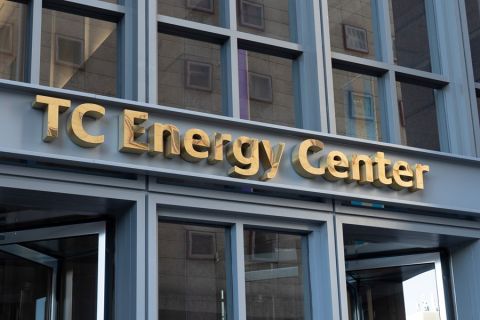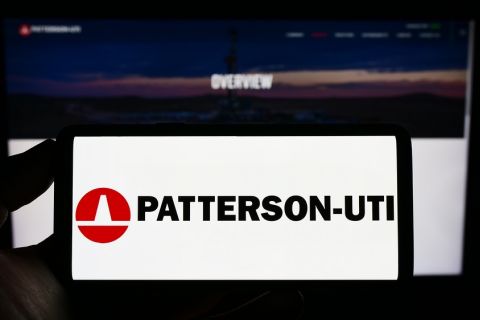By Kathleen Sgamma, Western Energy Alliance The story of the US’ revolution in oil and natural gas over the last several years is well known to readers of E&P magazine, but the rest of the US also is waking up to the huge success story. Policymakers are struggling to come to grips with the paradigm shift from energy scarcity to the very real potential of North American energy independence. The abundance of natural gas has created the opportunity to export LNG in potentially significant quantities. The US Department of Energy (DOE) recently made clear the benefits of exports for the American people in a study by NERA Economic Consultants, which found that in every export scenario examined, gross domestic product grows. The more we export, the more America benefits. While economists have been documenting the benefits of free trade for centuries now, the study very clearly restated that conclusion, which is good since policymakers seem to need to relearn that lesson every generation. Many politicians rightly see it as an opportunity to create jobs and economic prosperity right here at home, while achieving greater energy and national security. Others who mistrust free markets and prefer a government approach to energy policy, are reverting to type. They would rather have an energy policy dictated by Washington and controlled by taxpayer handouts to politically favored companies like Solyndra. The natural gas boom is indeed a threat to today’s renewables, as they cannot compete on the basis of price and reliability, even with direct production subsidies, tax incentives, and feed-in tariffs. The government should continue to invest in developing alternative energy technologies of the future by supporting basic research, rather than funneling taxpayer money to companies for technologies that otherwise can’t compete. The abysmal record of the government trying to play venture capitalist over the last few years is yet another example of misguided Washington policies attempting to circumvent the free market. One legitimate concern about exports is their effect on prices. Low natural gas prices have enabled American consumers to save about US $65 billion annually, according to the Manhattan Institute. Low prices and increased NGL supplies are enabling the chemical industry and other industries to bring manufacturing jobs back to the US. The American Chemistry Council estimates there will be potentially 17,000 jobs in the chemical industry and another 395,000 related jobs. Meanwhile, German industry is roiling from high energy prices after years of misguided green policies, losing manufacturing competitiveness to the US. The good news is that the DOE’s LNG export study found only modest price increases, from 22 cents/Mcf to $1.11/Mcf after five years. Increases in that range would still maintain prices well below those in Germany, Japan, and other potential importing countries, which are currently three to four times higher. Given the large disparity between US and world natural gas prices, American manufacturing would still retain its competitive advantage. However, even those modest price increases are probably too high, as the analysis failed to take into account the capacity of the oil and natural gas industry to increase production in response to the greater demand generated from exports. Because of the oversupply of natural gas, spare capacity is available in the Green River, Piceance, Powder River, San Juan, and Uinta basins, for example. Greater amounts of associated gas from oil wells in the Bakken and Permian basins are being captured. Producers would quickly ramp up production in response to increased demand, further moderating prices. In addition, LNG transport costs are considerably more than standard pipeline costs at $10.51/Mcf vs. $4.35. That cost is another market signal, coupled with the demand signal to producers, that will favor domestic consumers. The danger is that politicians who don’t trust the market will look to introduce policies that attempt to interfere with exports by pressuring the DOE not to approve LNG terminal licenses or to drag its feet with more study until America’s market advantage evaporates. Paralysis by analysis is a favorite tactic of the environmental lobby – the Keystone XL pipeline being a recent example. Groups such as the Sierra Club and National Resources Defense Council are publicly opposing exports, which fits in with their agenda of shutting down fossil fuels. They would like nothing better than to increase prices so much that today’s wind and solar become competitive with natural gas. As with any technology, the US cannot expect to maintain its first-mover advantage forever. Other nations are starting to invest in American-developed horizontal drilling and hydraulic fracturing technology to develop their own reserves. If we wait too long, others will step in to fill the world demand for LNG, and that job and economic growth will be lost. The DOE has made the case for exporting LNG; it’s now time to take the next step and approve export terminal licenses. Kathleen Sgamma is vice president of government and public affairs for Western Energy Alliance.
Recommended Reading
Stockholder Groups to Sell 48.5MM of Permian Resources’ Stock
2024-03-06 - A number of private equity firms will sell about 48.5 million shares of Permian Resources Corp.’s Class A common stock valued at about $764 million.
TPG Adds Lebovitz as Head of Infrastructure for Climate Investing Platform
2024-02-07 - TPG Rise Climate was launched in 2021 to make investments across asset classes in climate solutions globally.
Greenbacker Names New CFO, Adds Heads of Infrastructure, Capital Markets
2024-02-02 - Christopher Smith will serve as Greenbacker’s new CFO, and the power and renewable energy asset manager also added positions to head its infrastructure and capital markets efforts.
TC Energy Appoints Sean O’Donnell as Executive VP, CFO
2024-04-03 - Prior to joining TC Energy, O’Donnell worked with Quantum Capital Group for 13 years as an operating partner and served on the firm’s investment committee.
Patterson-UTI Braces for Activity ‘Pause’ After E&P Consolidations
2024-02-19 - Patterson-UTI saw net income rebound from 2022 and CEO Andy Hendricks says the company is well positioned following a wave of E&P consolidations that may slow activity.





